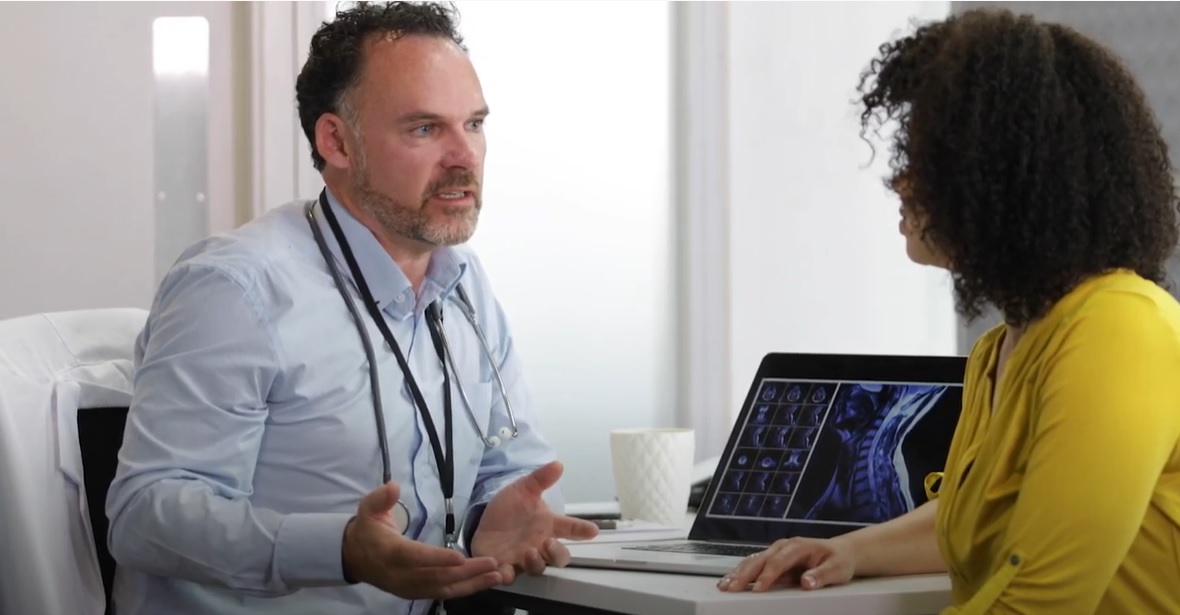Privately insured patients have more choice and greater control over their healthcare. Making the most of those choices and all services available to you can be a daunting task, especially when you are unwell and facing the prospect of surgery. Everyone’s circumstances are different and we have pulled together a few questions you may want to ask your GP, surgeon and health fund to help you navigate the health system.

It’s important to work closely with your GP and if you have health cover, your health insurer, before making that first appointment with a specialist. It could save thousands of dollars and result in a much better patient experience.
Explore all available treatment options with your GP and make sure you discuss and understand all the benefits and risks, particularly if surgery is required. Surgery carries risk and there may be simpler, safer options including making lifestyle changes and undertaking non-surgical treatments with allied health care services. For example sometimes weight loss with the help of a dietician and physiotherapist can help defer or avoid the need for some joint replacement surgeries altogether.
Questions you can ask to help you receive the right amount of care:
To make sure you receive the right amount of care, you can ask your doctor or other health provider:
- Do I really need this test, treatment of procedure? Tests may help you and your doctor or other health care provider ascertain the problem. Treatments, such as medicines, and procedures may help treat it.
- What are the risks? Will there be side effects? What are the chances of getting results that are inaccurate? Could that lead to more tests, additional treatment or another procedure?
- Are there simpler, safer options available? What are the alternatives to treatment that could work? Lifestyle changes, eating healthier foods or exercising more, can be safe and effective options.
- What happens if I don’t do anything? Ask if you condition might deteriorate – or get better – if you don’t have the test, treatment or procedure straight away.
- What are the costs? Costs can be financial, emotional or cost your time. Is the cost reasonable?
Questions you can ask before selecting a specialist:
If surgery is required, here are some questions you may want to ask before selecting a specialist:
- Ask why your GP has recommended this specialist. Have they worked with this specialist before? Are there independent expert bodies you can talk to i.e. the Cancer Council?
- Ask where the specialist is based. What is the location of the specialist’s practice and which hospitals they work with, and if they are public or private. You may need to see the specialist on a number of occasions so their location is important.
- Does this specialist regularly perform this procedure? Evidence suggests specialists that regularly perform lots of the same procedure can achieve superior patient outcomes. It is important you ask this question of your GP and the specialist.
- It is important you feel comfortable with the specialist. Do you prefer a specialist who carefully answers all of your questions? Would you prefer a male or female specialist, or someone who may speak a second language? Everyone is different and not all specialists are the right fit for every patient. Achieving a positive doctor–patient relationship can be important.
- Does the specialist work as part of a multidisciplinary team. Do they work together with other health professionals to plan treatment and manage care? The team may include a surgeon along with other relevant specialists, a care coordinator, a specialist nurse and allied health professionals, such as a physiotherapist and a dietitian.
- Getting in to see some specialists can involve a wait period. In the public system waits can extend into the years, whereas access to care in private hospitals is much faster. If there is a wait and your medical need is urgent, consider finding a specialist who may be able to see you sooner.
- Some surgeons choose to charge patients out of pocket fees and others do not charge patients anything at all. Price bears no relationship with quality so find out what the surgeon’s fees are before going for an initial consultation. If you have health insurance, find out if the specialist participates in a no-gap or known gap arrangement. All medical specialists must provide informed financial consent to their patients and remember, it is okay to negotiate with a medical specialist on price.
- If you would like more time to decide on choosing a specialist, you can ask for an ‘open referral’ where your GP does not specify a particular specialist.
- Make use online tools such as the government’s Medical Costs Finder website or healthshare.com.au and www.whitecoat.com.au to help find the specialist that is right for you.
